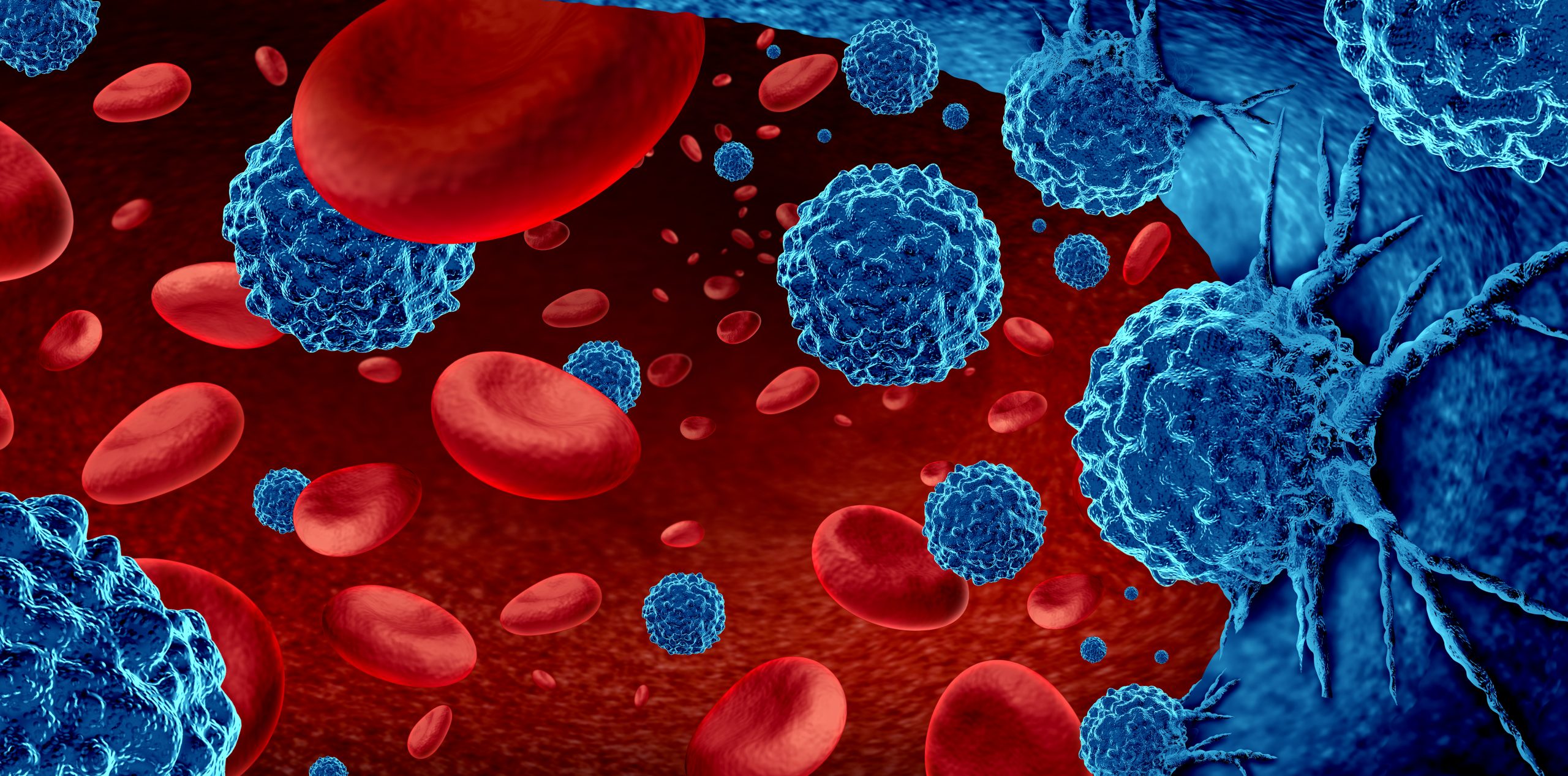Dealing with Lymphoma: Causes, Symptoms and Treatment

Lymphoma is a type of blood cancer that develops from the lymphocytes, whereas a lymphocyte is a type of White Blood Cell (WBC). The growth of tumors in the lymphocytes causes lymphoma. The tumors affect the blood, lymph nodes, thymus, bone marrow, and lymphatic system. There are many subtypes of lymphoma, but lymphoma is the most commonly divided into two types, Non-Hodgkin’s lymphoma (majority of cases) and Hodgkin’s lymphoma. The two types are mainly divided based on how they develop, spread, and are treated.
A lymph node is a small bean-shaped structure in our body’s immune system that filters substances in the lymphatic fluid that contain white blood cells. There are hundreds of lymph nodes in our immune system called the lymph system.
Causes
Cancer is usually developed with abnormal growth of tissues or cells. This abnormal growth can happen during the cell division process in our body. This process can change or damage the DNA of the cells. These cells and tissues then stop responding to bodily signals. The cells divide when they shouldn’t and keep dividing even when they should probably stop dividing. Also, these cells can stay alive when they should die out, getting replaced by new cells.
These abnormal cells divide and grow uncontrollably, hiding from the body’s immune system and feeding on all the nutrients our body needs. Once these abnormal cells start developing, they prevent the body from making normal, healthy cells. Also, they prevent organs from working properly. In the case of lymphoma, it can literally be said that the lymphocytes go out of control.

Symptoms
Coming to the symptoms of lymphoma, they may not be visible in its early stages. The enlarged lymph nodes can be discovered during a physical exam by an oncologist. The abnormal lymphocytes generally grow and build up usually but not always in the neck, stomach, groin, or armpit area.
Many symptoms of lymphoma are not specific to the disease in its early stages. The common symptoms may include but are not limited to
- Bone pain
- Fatigue
- Weight loss
- Fever
- Enlarged spleen
- Rashes and itching on the skin
- Stomach
Because these symptoms can be easily overlooked, early diagnosis of lymphoma is difficult in the early stages. The symptoms may change or worsen as cancer progresses.
Treatment
If the doctor concludes that the symptoms exhibited are due to lymphoma, they run tests to confirm their diagnosis. This is followed by determining how advanced it is. The preliminary tests include blood tests to determine the count of red blood cells and white blood cells. Also, a tissue sample or a biopsy from the lymph nodes can determine if the patient has lymphoma.
The doctor may use the following tests to take a look at the chest, abdomen, or pelvis internally to diagnose lymphoma-
- PET scan
- MRI
- Ultrasound
- CT scan
The treatment starts when the doctor diagnoses which type of lymphoma the patient has, where it is located, and the seriousness of the condition.
Chemotherapy, radiation, and immunotherapy are commonly used to treat many types of lymphoma. The treatment mainly focuses on killing the excess amount of cells and reducing the size of tumors.
In some cases, the bone marrow is transplanted so that the body can make new healthy cells. The doctor may also recommend surgery if the lymphoma has not spread. The surgery mainly focuses on body parts where the lymph nodes build-up, like the spleen, thyroid, or stomach.
Regency hospitals have one of the best oncology departments in the country, housing some of the best and experienced doctors. For an accurate diagnosis with the help of the latest technology, visit some of the best doctors, world-class treatment with the least possible side- effects. For more information, visit Regency Health.
Request a call back


 Call-an-Ambulance
Call-an-Ambulance



